
Silviu Covrig Dusa developed technologies to make precision measurements at subatomic scales possible in the search to answer fundamental questions.
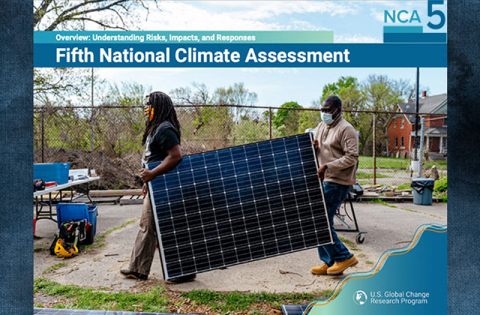
Office of Science Director Berhe and national laboratory scientists discuss what the NCA5 is and its importance.
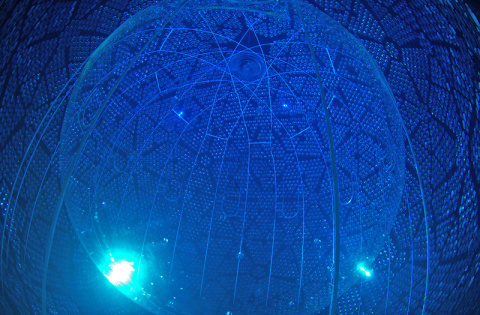
While the SNO+ experiment is focused on particle physics, it has also revealed insights into using neutrinos for nuclear non-proliferation.
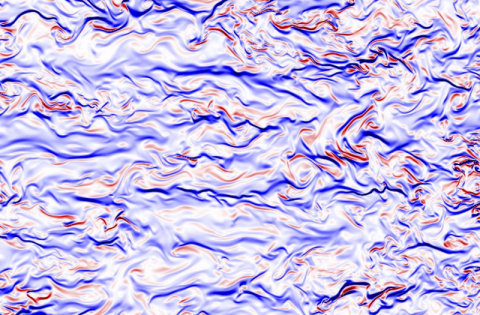
A new, more precise model of turbulence is helping scientists better understand how heat moves through the ocean.
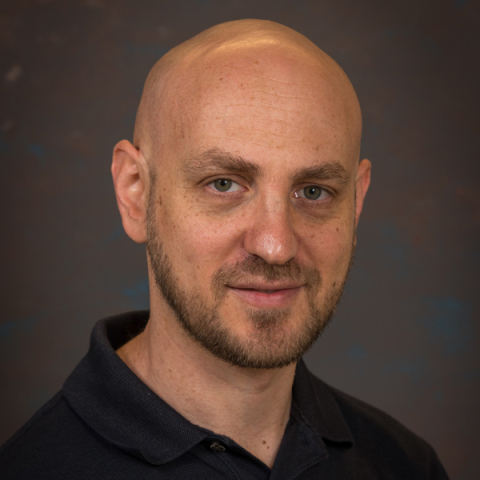
A new approach to materials by Joshua Zide and his team turns semiconductors into nanocomposites with different properties and new applications.
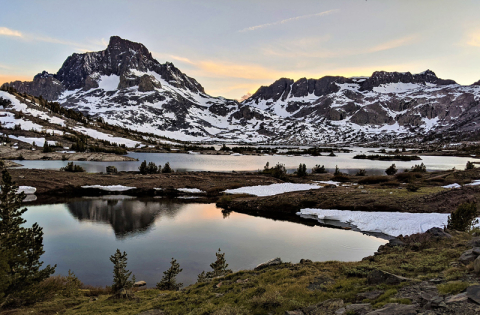
Snowpack in mountains acts as water storage for downstream communities. They could face low-to-no snow winters under certain emissions scenarios.
Oak Ridge’s algorithms for exascale computers anticipates the arrival of next-generation nuclear power for climate-change mitigation.
The Office of Fusion Energy Sciences, at DOE's Office of Science, announced the release of its vision, Building Bridges: A Vision for the Office of Fusion Energy Sciences, during the Fusion Energy Sciences Advisory Committee hearing on December 13, 2023.

The tools at the Environmental Molecular Sciences Laboratory provide deep insights into tiny organisms and their surrounding environments.
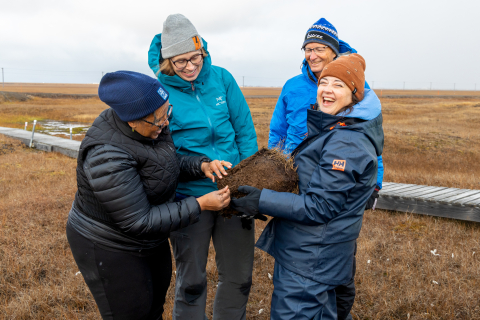
Office of Science Director Asmeret Asefaw Berhe traveled to key climate science experiments to experience the amazing work the Office is supporting.

